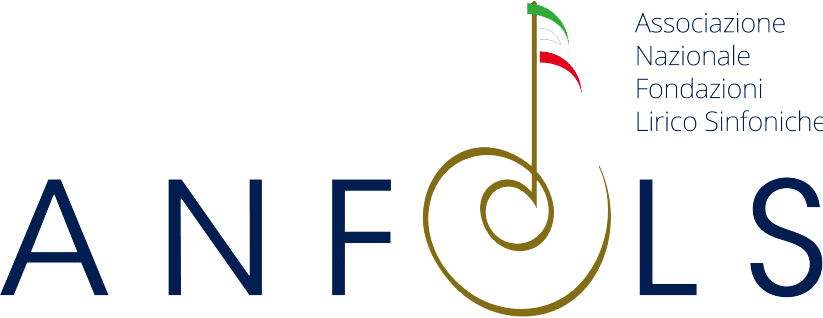Rigoletto is back on stage at the Teatro Costanzi. This production already captured the Roman audience, during the 2014-15 season. It is a opportunity to enjoy again one of Verdi’s most loved masterpieces, directed by the talented Apulian director Leo Muscato who has managed to give an expressionist quality through the frequent use of the chiaroscuro. There will be four performances, from the 4th to the 10th of December 2016.
On the podium, there is the young director Michele Gamba, who has raised expectations, after his incredible debut at La Scala. On that occasion he was asked to conduct I due Foscari only twenty minutes before the curtains were raised. “To get on the famous podium of the Teatro dell’Opera of Rome – says the conductor – is a great honour for any director, even more so for a young one like me. The opera that I was asked to direct is also a masterpiece of the Italian repertoire and I am grateful to be given the opportunity to work in such a prestigious theatre, with an exceptional cast. Luca Salsi, as well as a friend, is certainly one of the best vocal interpreters of the role in recent years. It will be an exciting team work, where everyone will make a significant contribution.”
Rigoletto is an opera in three acts, the libretto, by Francesco Maria Piave, is based on the drama Le Roi s’amuse by Victor Hugo. It has constantly been performed since its premiere at the Teatro La Fenice in Venice on March 11, 1851. The work marks a turning point in the artistic evolution of Verdi.
The protagonist, a sad clown, is a suffering controversial figure. With an unprecedented dramatic and poetic strength, the composer managed to epitomise in Rigoletto all tragic aspects of human condition. It is the story of a miserable court jester, who became the main hero, as a result of the censor’s decision to prevent Verdi from using the figure of King Francis I of France as the cynical dissolute protagonist.
This is a story about the disintegration of moral values, which turns into the tragedy of the physical and above all moral ugliness of the court jester, that will lead him to destruction. Rigoletto, says Leo Muscato, is a symbol of “a world that has gone crazy, and it is fast running towards the unknown without even considering that there might be a chance to suddenly crash into a wall”.











